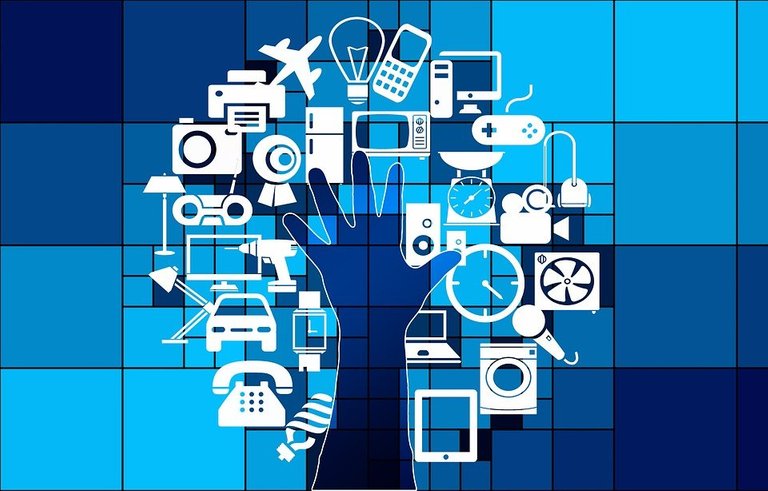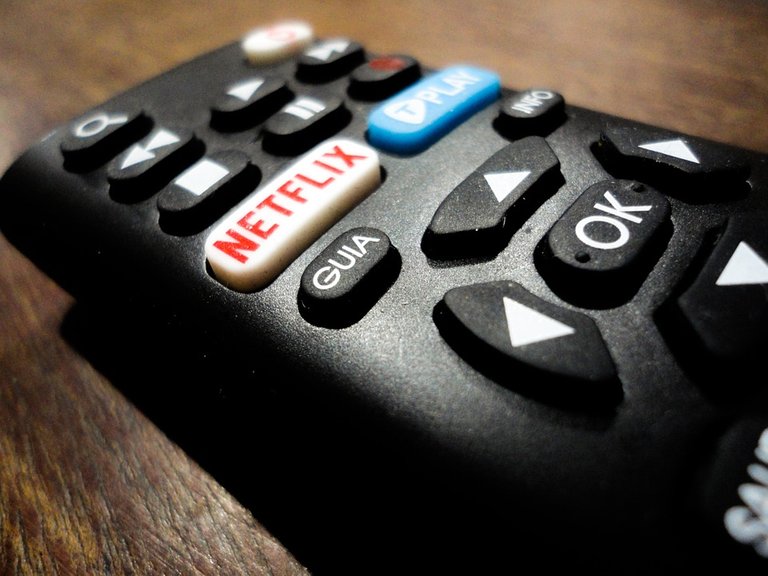First lets start with definition of sensor:
A sensor is a device that detects and responds to some type of input from the physical environment. The specific input could be light, heat, motion, moisture, pressure, or any one of a great number of other environmental phenomena. The output is generally a signal that is converted to human-readable display at the sensor location or transmitted electronically over a network for reading or further processing.
(Source)
It's funny how we use words, like phone for a device that does hundreds of other things than just being a phone. I know people that have replaced their PCs with smartphones. And in my opinion adding a word smart doesn't do justice to this devices. Convergence of technologies is slowly blurring the the lines of what is what.
It's similar with services. Even post office sells all sorts of things. Won't be long before they'll offer you some chicken and a drink along with it. No matter if it doesn't fit. If it sells it's OK. It's all just business.

We are often amazed and sometimes terrified how is google sensing our wishes, needs and almost our next thought. Our daily input of various data in their search engine seems like drop in an ocean. But when compared with millions similar searches google forms pretty good picture of a user behind. This immense data collection from millions of people and devices worldwide is also called big data.
Yes, we are being analyzed, monitored and constantly bombarded with ads. But its not all doom and gloom. We will try to focus on good things of big data.
Sounds futuristic but with help of big data - analysis of blogs, social networks, local news and other sources HealthMap software foretold 2014 ebola outbreak nine days before the actual WHO epidemic alerts. Of course they are not the only players in this field.
In order to understand the spread of disease and to better deploy public health resources IBM has developed an open source modeling application STEM (Spatio Temporal Epidemiological Modeler). Not to be confused with Steem STEM :)
Changes in temperature, rainfall and soil acidity reflect in a number of insects - carriers of diseases. Together with highway traffic and airport information they are able to predict the possible outbreaks of deadly diseases like dengue fever and malaria.
Even TV content cannot go past big data. It's easy to think that Netflix just threw 100 millions for the first two seasons of House of Cards with hopes that it becomes successful. But that was not the case. Everything was carefully planned with the use of big data. They track preferences of their users like favorite genre, favorite actors, what title they search and this helps them to make the next blockbuster. Comparing to traditional TV shows with 30% - 40% success rate Netflix's analytics of big data gives its original shows 80% success rate.

How about predicting when and where a crime will happen? Sounds like something from a movie Minority Report. But in fact it is already used by the police. It uses similar algorithm like for earthquakes prediction. It maps where is the highest likelihood of a crime to happen, similar to the earthquake aftershocks. Patrolling in that area is increased accordingly.
In conclusion I would say that internet itself is the biggest sensor in the world which stores incredible amount of data and is slowly forming the brain of a future AI.
And remember with each click, every search, every page that you visit, everything that you watch you leave a digital print and contribute to ever growing digital data. The new gold. Big data.
Sources:
- HealthMap software flagged Ebola 9 days before outbreak announced
- IBM uses big data to predict outbreaks of dengue fever and malaria
- How Netflix built a House of Cards with big data
- How Netflix uses Big Data Analytics to ensure success
- How technology is allowing police to predict where and when crime will happen
Pictures taken from pixabay.com

bachuslib!! Thank you, your Post.
welcome :)
After 17 teen day , created a post
Yes, time runs fast :)
I'm no good for daily posts.